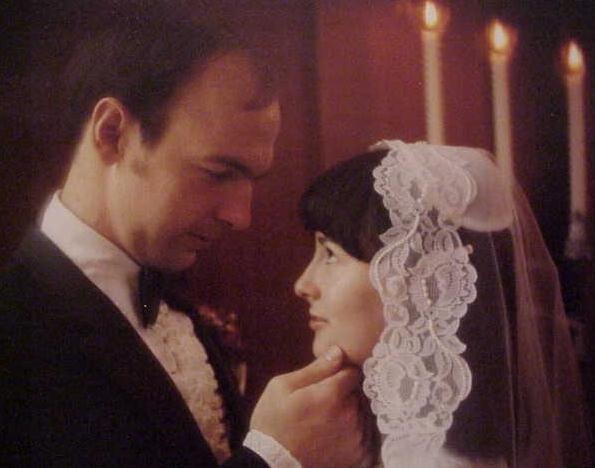It appears that I have more time to read than time to remember WHAT I read! Ha! In my previous list of books read last week, I left off (at least) two books.
Alice in Wonderland--the first time I've ever read this aloud, chosen for teatime this year for the benefit of our 6 and 10 yo children
A poem,
Dauber, by John Masefield--This long poem was recommended in an old book we started last autumn, Discovering Poetry. Dauber is a worthy read for those who enjoy poetry for the sake of beautiful images, in this case, images of the sea and one man's experience of life on a sailing ship. The vocabulary may be a challenge for landlubbers, but the version I've linked includes a glossary.
Here's one passage describing a storm near Cape Horn, when Dauber and the other sailors have climbed up the masts to cut off sails and ropes that are flailing after the upper spars have broken off in the wind:
He saw the streamers of the rigging blow
Straight out like pennons from the splintered mast,
Then, all sense dimmed, all was an icy blast
Roaring from nether hell and filled with ice,
Roaring and crashing on the jerking stage,
An utter bridle given to utter vice,
Limitless power mad with endless rage
Withering the soul; a minute seemed an age.
He clutched and hacked at ropes, at rags of sail.
Thinking that comfort was a fairy-tale
Told long ago-long, long ago---long since
Heard of in other lives-imagined, dreamed--
There where the basest beggar was a prince.
To him in torment where the tempest screamed,
Comfort and warmth and ease no longer seemed
Things that a man could know: soul, body, brain,
Knew nothing but the wind, the cold, the pain.
I recommend reading Dauber aloud, one or two sections a day.

